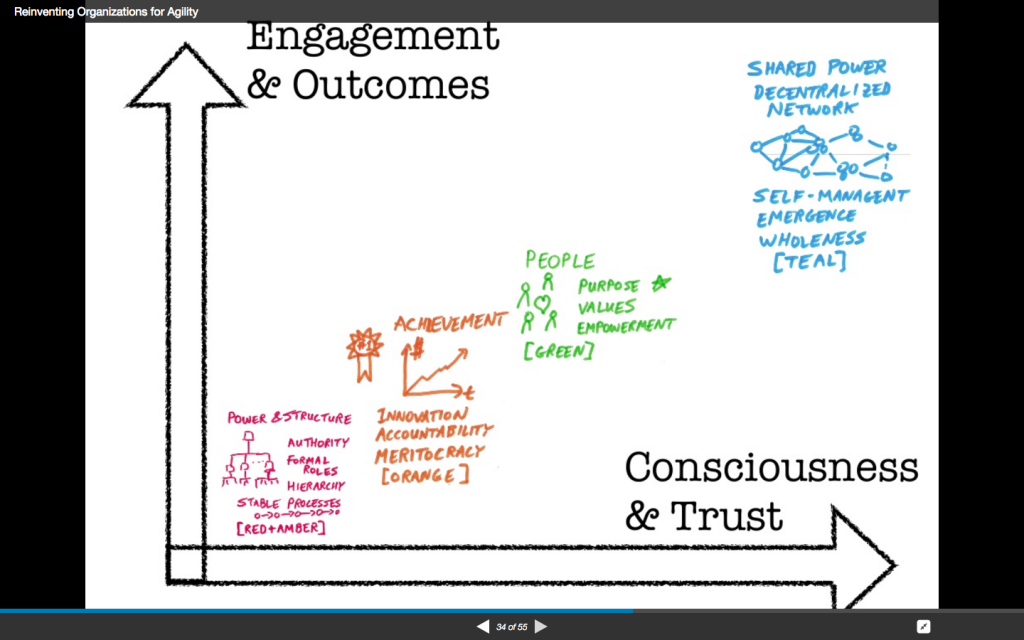

January 7, 2016
Great cultures ,Hacks ,Popular Articles
NOTE: This blog is the #1 overall hack, for the #1 HIRING HACK, please click here.
“Don’t talk about how to hack culture! That will scare corporate clients!”
That’s what people told me.
They were so wrong! The bigger the company, the more they want the hacks. Why? Because hacking is all about empowering anyone to create a shift. Big companies know how hard it is to create massive change. Culture hacks allow change to happen FAST.
First, let’s briefly define what hacking is:
Hacking is finding a vulnerable point in a system, and exploiting that vulnerability to your advantage. The end result is very little investment with maximum gain.
If that made no sense, don’t worry. The hacks work without you needing to know how they work.
I knew about this #1 hack for a long time, but didn’t realize how important it was until I was working with a major company that wanted to implement its core values and they were running into a problem:
People put working hard and driving results over each of those core values. And because of that, they’re not core values. If they were core, they would never be sacrificed.
Changing to a Core values company is a big step. It can take over a year. So how can they change fast?
Well, to diagnose a culture all we have to do is look at their meetings. Meetings are a subset of culture. And the first data within meetings we look at is people’s relationship to time.
Cultures that are on time inherently respect each other. Cultures that start late and go late tolerate behavior that advances the individual over the culture as a whole.
When I was at Zappos, CEO Tony Hsieh was always on time or early. Never ever did I see him late.
This is a very small hack, but it has a massive impact. If you feel resistance from yourself or anyone else, simply run a 2 week experiment where people have to be on time. Then let the results speak for themselves.
January 6, 2016
Great cultures
Let’s face it. Our culture communicates more with images than words. And we can use that to our advantage.
I’ve noticed that at strong company cultures people are often using images to say what they mean, and the images break through much better than any words.
Take this image…
This was sent to me with no words when someone was waiting for a response from me. I immediately started laughing and saved it to use on someone else. So what could have been an email that put me on the defensive with “Hey, why have you not responded?” instead felt totally disarming.
Try google image search for funny images or check out the gold mine that is Giphy.
November 11, 2015
Great cultures ,Values ,Vision

The latest fascination on the edge of management is “Going Teal.” You can learn about it from the article and from the graphic. I’m only going to make one basic point I’ve seen everyone leave out:
You can’t go straight to Teal.
Notice that what is listed in every other level is still applicable! You can’t simply throw those things out. And if you’re not solid in those areas then that’s where you need to start.
November 2, 2015
Great cultures ,Values
I know it can feel heavy and loaded when we talk about core values. It’s like the health food of both personal and corporate development. It’s absolutely necessary yet people don’t get excited about it.
Here’s how you can…
Think about your values this way. There are three kinds:
1. Integrity: The cost of entry
2. Core set
3. Key differentiators
There’s a reason “integrity” is not on the core values list at Zappos. It’s because it’s so necessary that without it, no other value matters. How can you fulfill on other values if you don’t even keep your word? That’s why the training process includes requirements like “Show up at every day before 7am for four weeks, or you’re cut.”
Tell tale signs of a compromise in integrity includes:
These are the ones that are basic to just about everyone. They include values like:
They’re necessary, but people often compromise on them and then they’re unsatisfied and disappointed.
These are values that distinctly separate you from everyone else.
I realized after looking back on a few relationships that there were parts missing that I didn’t realize were actually core to me. I don’t include these in the core set above because they’re values that are more unique to you.
For me those are:
Willingness
One’s desire and ability to try new things, entertain new thoughts, experiment and play
Curiosity
The desire to constantly learn and know more about a person through inquiries and questions.
For Zappos it’s “Deliver WOW!” and “Create fun and a little weirdness.”
For the Navy Seals it’s “I will not fail.”
For Google (in the early days) it was “Don’t be evil.”
For Apple, I believe it’s excellence. In fact, I don’t they care so much about customer service the way Zappos does. Apple cares about doing things with pure excellence, and customer service is simply something they do.
What is your key differentiator value?